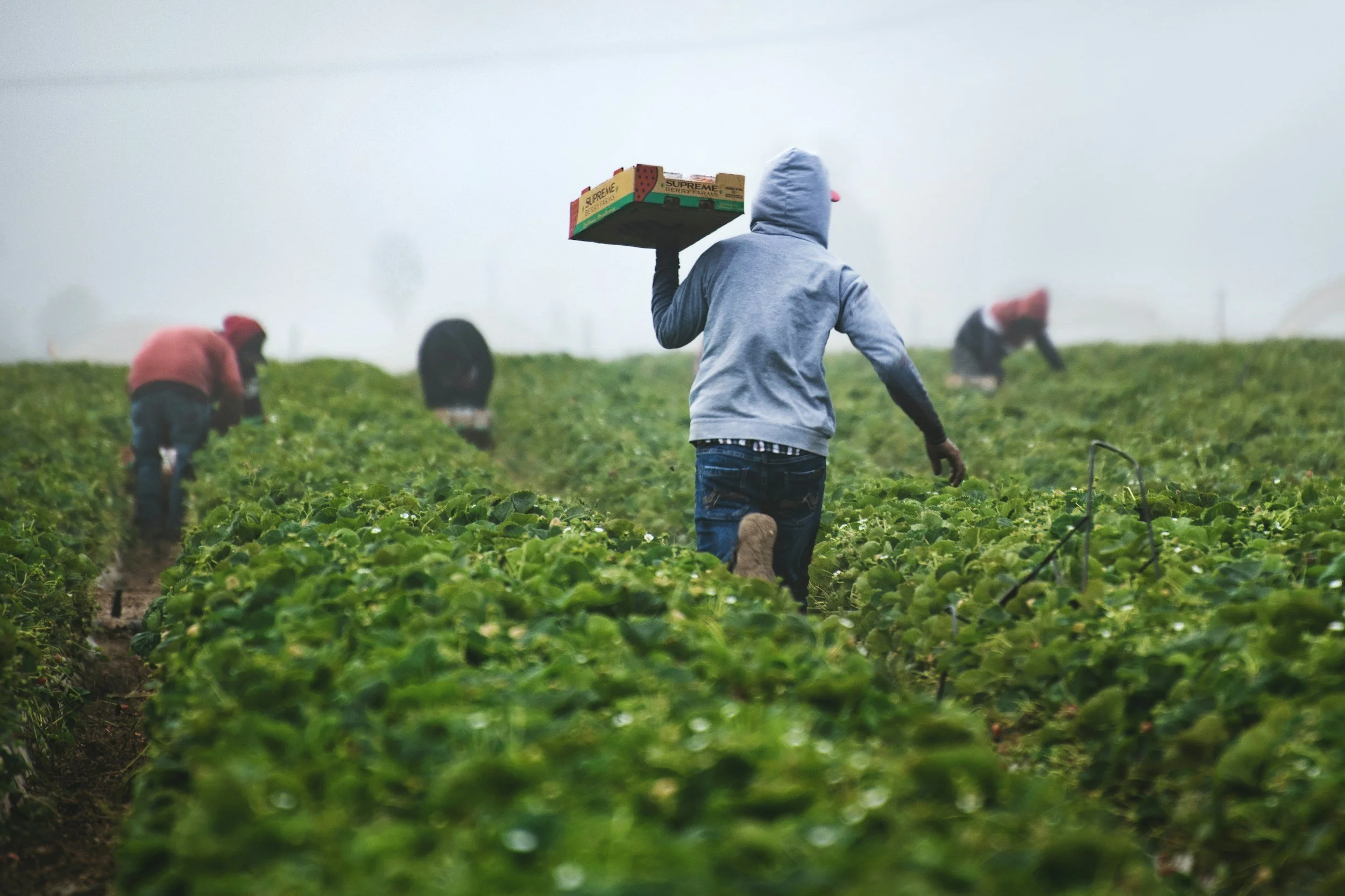Sustainable Farming Through Financial Support Strategies
Sustainable farming may seem like a trend, but its importance is far greater than a passing initiative. With climate change, soil depletion, and global food insecurities at an all-time high, sustainable farming is critical for the environment. The path to sustainability comes with many challenges for farmers. Financial support strategies become essential for farmers to balance economic protection with profit.
Sustainable Farming Is More Essential Than Ever
Sustainable farming focuses on the environment by preserving natural resources and promoting diversity in agricultural initiatives. In contrast to traditional farming, sustainable agriculture avoids harmful chemicals and intensive land use. All these initiatives come with a price for farmers, leaving many to give up their efforts for more profitable options.
When seeking financing for your farm, having the funds to manage crop rotation, organic farming, and integrated pest management becomes critical. The transition from traditional agriculture to sustainable can be incredibly costly. You may need to invest in new equipment and technology. Financial support strategies help you embrace sustainable farming without financial stress.
Government Grants and Subsidies
Many governments are working to help farmers adopt sustainable farming initiatives. Grants and subsidies help make the transition easier. These funds help offset the initial costs of new farm equipment and other expenses to encourage farmers to consider sustainability over traditional farming. Grants may offer help for the following:
Equipment that reduces soil erosion
Water-efficient irrigation systems
Cover cropping
Low Interest Loans
A lack of money is a significant barrier for farmers who want to embrace sustainable farming. Low-interest loans offer financial relief and are less taxing than high-interest loans. With these loans, you can purchase new farming equipment and land while investing in soil conservation and other initiatives.
Microfinancing
Microfinancing organizations specialize in providing small loans to farmers who may not qualify for traditional banking solutions. These financial institutions offer critical financing solutions, especially for rural farmers who may be limited in their options. These financial tools empower farmers to make the necessary changes to embrace sustainable farming that would have been out of their reach without financial intervention.
Carbon Credits and Ecosystem Service Payments
Farmers who adopt sustainable farming measures to reduce carbon emissions can earn carbon credits and payments for ecosystems. This innovative financial approach allows farmers to turn their sustainability efforts into a steady income. Ecosystem service payments help reward farmers who embrace the following initiatives:
Water purification
Biodiversity conservation
Pollinator habitat creation
Community-Supported Agriculture
This grassroots financial initiative allows farmers to share resources, build stronger working relationships, and reduce costs. CSAs allow consumers to purchase shares in a farm's harvest. CSAs provide farm families with upfront financial support while reducing their economic insecurity and ensuring they can invest in sustainable farming initiatives.
Financial Support Paves the Way for Sustainable Farming
Without financial support, most farming families would find sustainable farming out of reach. Financial strategies are available for all farmers, from government grants to low-interest loans. Microfinancing is especially advantageous to rural farmers who may lack the financial institution resources of those located in larger metropolitan areas. These strategies can help farmers embrace sustainable farming practices without compromising economic security.
As farming initiatives evolve worldwide, specialized financing options are critical. Sustainable farming should be the norm, but farmers need financial backing to adopt these climate-protective actions. Financial interventions benefit farmers and the planet.



